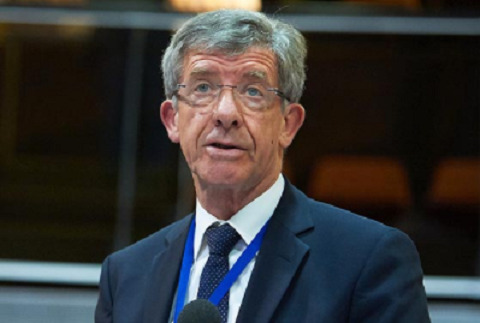In order to avoid freedom of expression being limited in a discriminatory manner while at the same time making efforts to take down illegal content on the internet, the PACE Standing Committee today proposed establishing an Ombudsman institution (or equivalent) with the requisite “independence, powers and authority to assess whether internet content is legal or illegal”. Internet intermediaries could submit questionable cases to the institution for its recommendations on how to deal with them.
Adopting a resolution, based on the report prepared by Frédéric Reiss (France, EPP/CD), the parliamentarians underlined that “the damage caused by the dissemination of harmful content on the internet can quickly become irreversible”. The establishment of an Internet Ombudsman institution should speed up the removal of such content. Moreover, by complying with the Ombudsman’s recommendations, internet intermediaries could avoid possible criminal penalties. They would therefore have good reason to support the Ombudsman institution financially.
According to the adopted text, given the transnational nature of the web, Ombudsman institutions set up in the member States should co-operate and network.
While recognising the difficulties involved in setting up such an institution, the parliamentarians said that such institution “could play a key part in the online communication process by maintaining balance between freedom of expression and other fundamental rights”.
PACE






















































